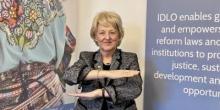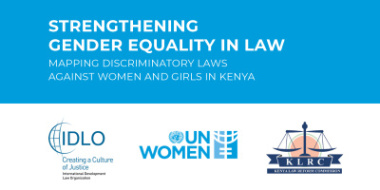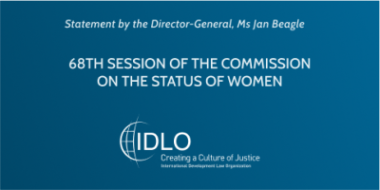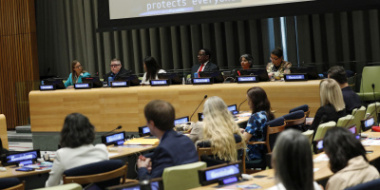COVID-19: Pre-existing gender discrimination provides fertile ground for increased inequality, to the detriment of food security and nutrition
This blog post is co-authored by Françoise Trine, Senior Food Security Officer, Secretariat of the Committee on World Food Security (CFS) and Dr. Ilaria Bottigliero, Director, Policy, Research and Learning, International Development Law Organization (IDLO).














